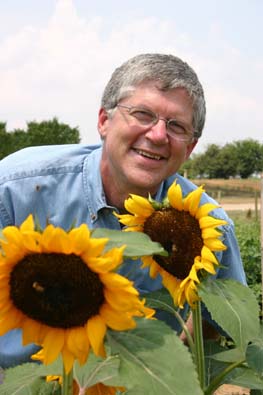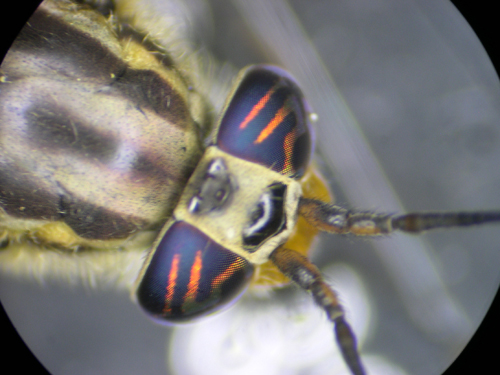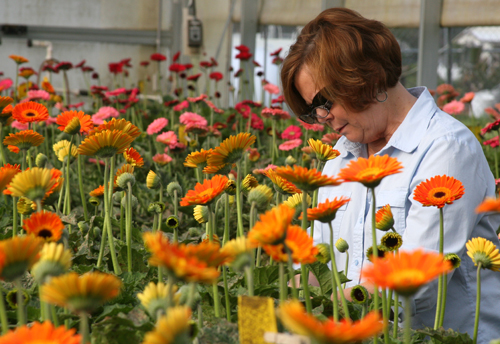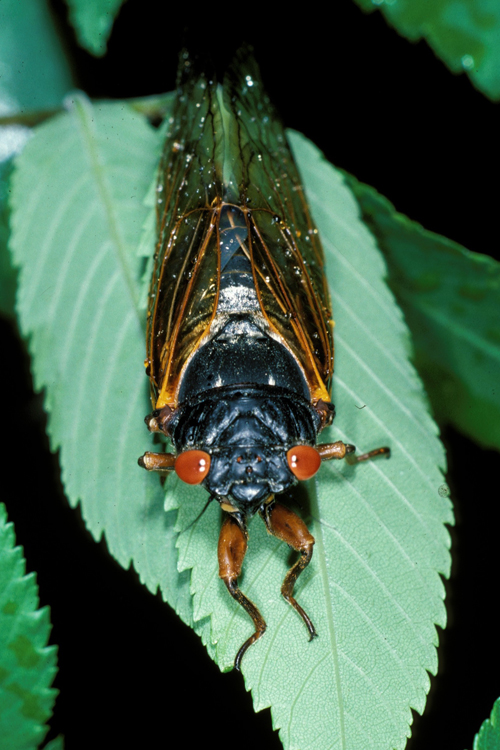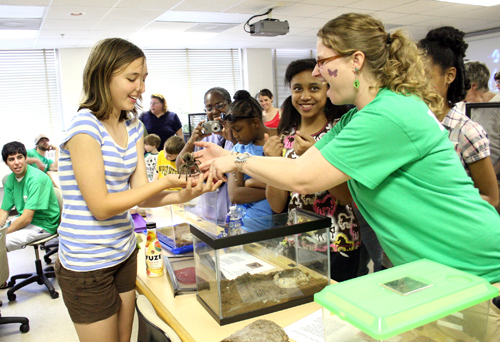Small.jpg) CAES News
CAES News
Grass-eating fly
A tiny Asian fly that feeds on turf and pasture grasses showed up in south Georgia last summer, the first time this species has been documented in the Western Hemisphere.

